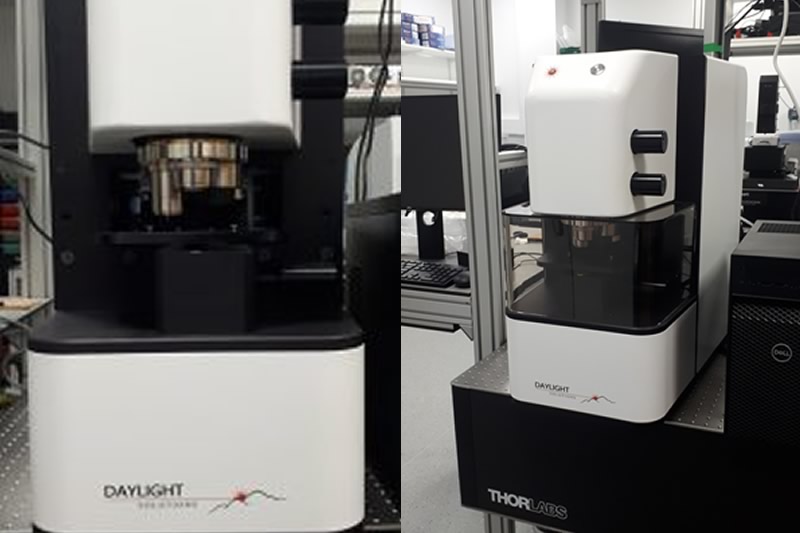CAPPA recently added a new Chemical Imaging Microscope, the Spero – QT, to its current service offering. With the addition of this system, CAPPA will now be able to offer an extensive range of services to help with their customers growing needs. The system is based on a tunable mid-infrared Quantum Cascade Laser (QCL). The addition of the system has expanded the capabilities at CAPPA enabling them to carry out more detailed research across a variety of different sectors such as pharmaceutical, medical device, photonics, food and beverage, as well as with companies in new sectors. The equipment will provide a modernized offering to their current industry partners with increased sensitivity and flexibility and will allow CAPPA to retain their current industry partners as well as grow larger projects with current and new partners. CAPPA is the first research group in Ireland to have a QCL based IR imaging system. This equipment was funded as part of the Enterprise Ireland Capital Equipment call.
QCL is a novel technology in infrared microscopy, with key customers at academic and government research institutions, as well as in pharmaceutical and biotechnology companies. The QCL platform provides direct infrared imaging with detector arrays at very high speed. A wide-field, low-noise imaging technique delivers unprecedented image quality so that the composition of large sample areas can be studied much more rapidly and at high spatial resolution. Having access to the new Infrared QCL imaging technology can offer major speed advantages for infrared microscopy of large sampling areas, with a proven capacity for the selective screening of biological tissues.
The Spero – QT is the highest performing and most versatile infrared microscopy platform available. This instrument uses a proprietary wide-field, low-noise imaging architecture to enable real-time spectroscopic analysis for a range of applications. such as tissue analysis, live-cell imaging, liquid and microfluidic analysis, chemical reaction monitoring, polymer science, plasmonics and metamaterials, materials inspection, tablet API mapping, protein analysis, forensics.
If you are interested in learning more about the facilities available at CAPPA, you can contact them directly here.



